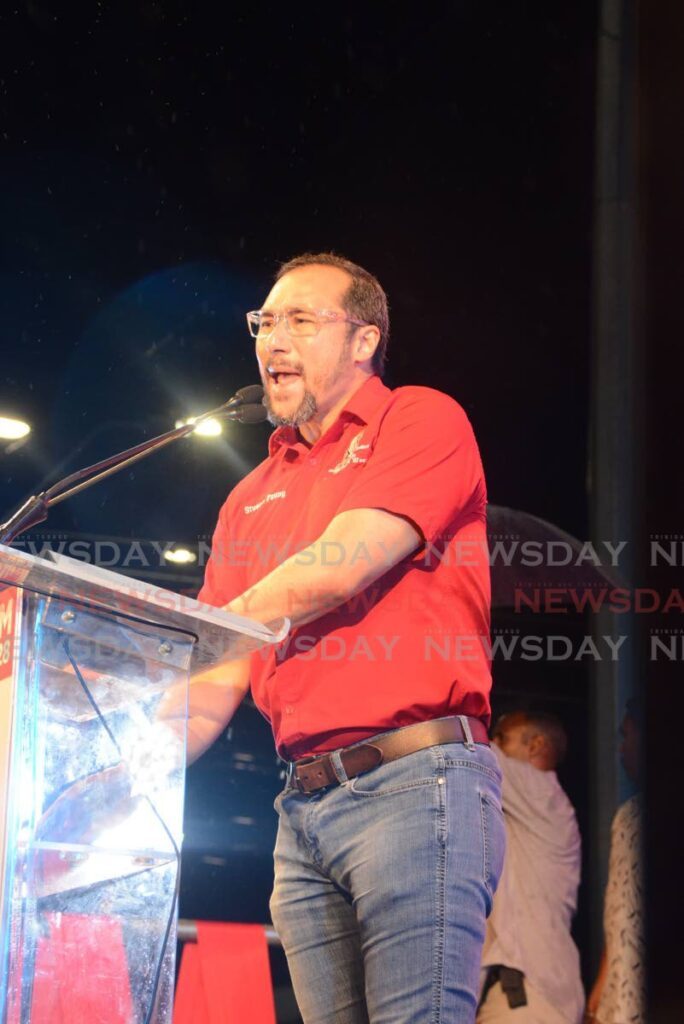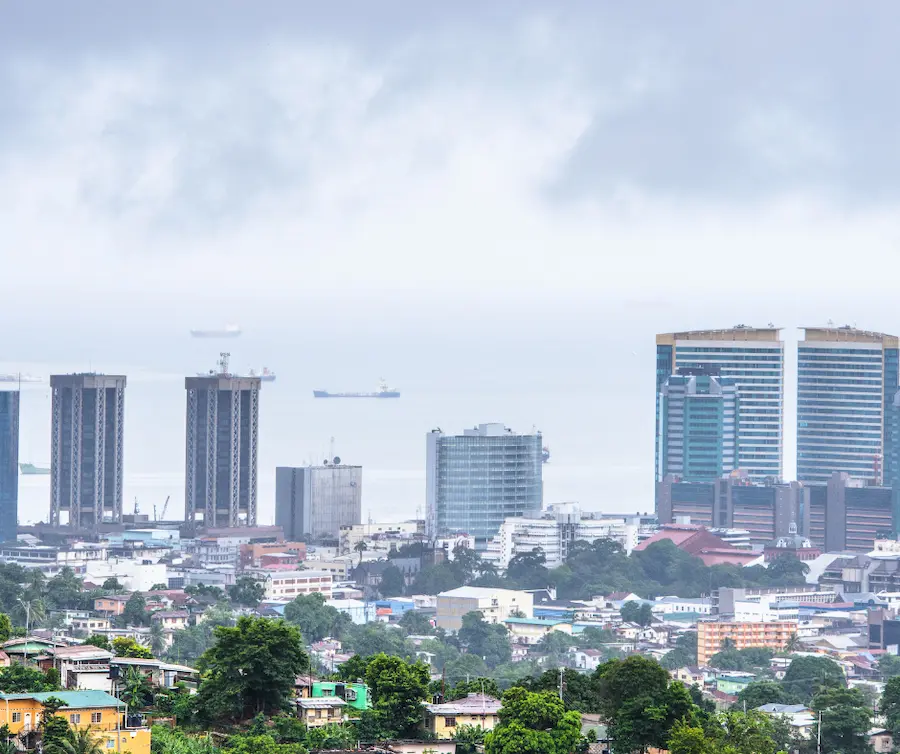

Government vows to negotiate responsibly with the Donald Trump administration after it imposed a 10 per cent reciprocal tariff on TT manufactured goods exported to the US.
Prime Minister Stuart Young and Foreign and Caricom Affairs Minister Dr Amery Browne gave these assurances on April 2, after Trump announced a series of reciprocal tariffs on 60 countries, including TT, which he claims have put up trade barriers to the US and have engaged in currency manipulation – the act of a government or central bank deliberately influencing the exchange rate to gain an unfair advantage over another country. Trump said all countries will be subject to a sweeping ten per cent tariff on imports to the US.
The 10 per cent "discounted" tariff was imposed on TT goods in response to a 12 per cent tariff on all goods imported from the US. Tariffs are taxes charged on goods imported from other countries.
Newsday understands the baseline 10 per cent tariff will take effect on April 5.
Browne in a statement to Newsday said the government has noted a number of countries say they will reciprocate in the near future.
>
“We are concerned that spiralling instability in global trade and economic policy will have significant negative repercussions, particularly for smaller nations,” Browne said.
“Our country, and much of Caricom, fortunately, is in a relatively low tariff bracket and the government as always will be consulting and working with all key stakeholders as together we navigate the challenges of our times.
Young says the population can only trust the PNM to act responsibly to negotiate its best interest in light of new tariffs imposed by the US.
He made the comment at a PNM public meeting on Harris Promenade, San Fernando on April 2. He did not elaborate.
The US international trade administration in TT says customs duty is imposed on products coming into TT, based on the fair market value of imported goods at the time it lands in the country.
TT also has bilateral investment agreements with the US, Canada, China, Mexico, the UK and several countries in the EU. It also has a preferential tariff arrangement with the US under the Caribbean Basin Economic Recovery act of 1984, which allows products from beneficiary countries such as TT to export to the US without having to pay duties.
Young reminded the population of the PNM's track record in negotiating agreements with the US which will ensure the best interests of TT are protected.
Bilateral discussions with US Secretary of State Marco Rubio in Jamaica on March 26, have offered some hope that TT's cross border energy agreements with Venezuela will be allowed to continue.
Addressing the post-Cabinet news conference at Whitehall on March 27, Young said, "It was a good day for Trinidad and Tobago."
>
He added, "With the Dragon (gas project), we are continuing full speed ahead."
He told the media, Rubio made it clear the US will do nothing to harm TT's economy. Young said Rubio understood the importance of energy security for TT and Caricom.
He added there was agreement between Rubio and himself to remain engaged on energy and national security matters in the region."
Young said there was agreement for TT and the US to continue to collaborate on fighting transnational crime in the region, including combating the Venezuelan gang Tren de Aragua.
While there is no evidence this group is operating in TT, Young said it was wise to take a pre-emptive strike and see what can be done to legally declare Tren de Aragua as a foreign terrorist organisation."
He said TT has made an application to acquire certain national security assets from the US which can assist in bolstering domestic and regional national security.
In a briefing on March 25 about Rubio's travel itinerary to the Caribbean this week, US Special Envoy for Latin America Mauricio Claver-Carone said the US understood TT's long-standing role as an energy leader in the region.
"Obviously it is going through its own development as it seeks to revitalise its natural gas opportunities and is going through that modernisation as some of the older fields and opportunities there dry up and they’re looking for the new ones."
Claver-Carone said, "There, along with a lot of the challenges posed with Venezuela, we’re deeply committed to working with Trinidad to figuring out how to re-energize that – those natural gas opportunities and ensure that its economy continues to move forward despite the challenges presented with Venezuela and otherwise."
>
He added this is a historic opportunity for energy security in the Caribbean.
A post on social media on March 24 said Trump announced the US will put a secondary tariff on Venezuela for many reasons, including allegedly sending high level criminals to the US such as members of the Tren de Aragua gang.
The post said any country which purchases oil and gas from Venezuela will be forced to pay a 25 per cent tariff to the US on any trade they do with the US.
This tariff was due to take effect from April 2.


